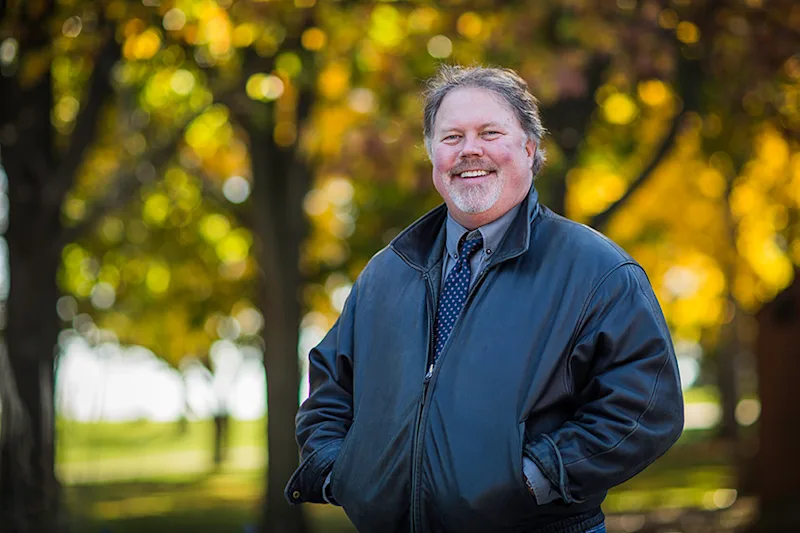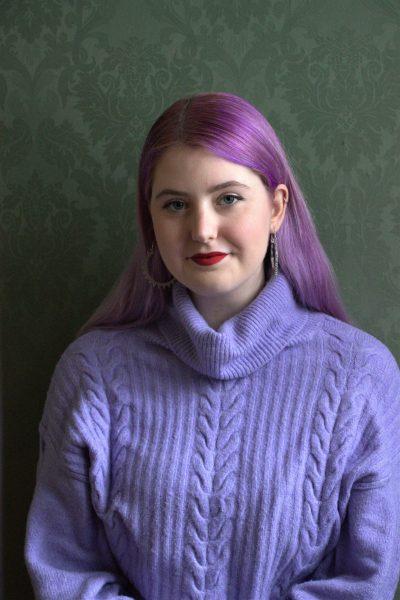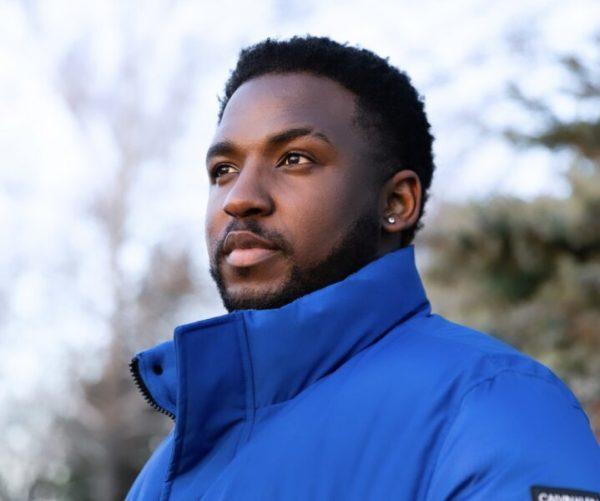
As an aspiring journalist and historian, I think a lot about storytelling and truth. Why does storytelling have value? What stories are valuable to share? What does it mean to be truthful? Is it possible to not be biased?
In recent years the news has been a battleground leaving many hurt – I deeply understand why so many people have been left in a place of distrust, discomfort, or even phobia of the news.
This summer, part of my job interning at The Christian Science Monitor, was spending the first hour or so of my workday reading all the news from the night before. Some days it was interesting, some days it was funny, and other days I found myself sitting at my desk with blurry eyes and a tightness in my chest. So, trust me when I say I understand the toll that trying to stay informed can take on your mental health.
I think particularly for Gen Z, there is a strong culture of “activism.” To be a good human you have to care about everything and fight for the rights of the world’s nearly 8 billion people. The world is on fire, and we have to know about it and do something about it. But trying to know every horrible thing happening in the world is both impossible and comes at a high mental toll. Some prominent thinkers on the subject don’t even think that it’s helpful.
News has the power to tear communities apart. I think over the last few years that’s become terribly apparent. But, when written with empathy, curiosity, and global betterment in mind, news has the ability to knit communities together. The value of news is putting readers into perspectives and ways of life they haven’t understood before, pulling readers into experiences outside of their own.
My goal for The Pilot is that it builds connections between Principians, helping us to understand and experience life as a community rather than single floating stars. I can’t promise we will always get it right, we are a student newspaper, but I can promise we will always try our hardest.






